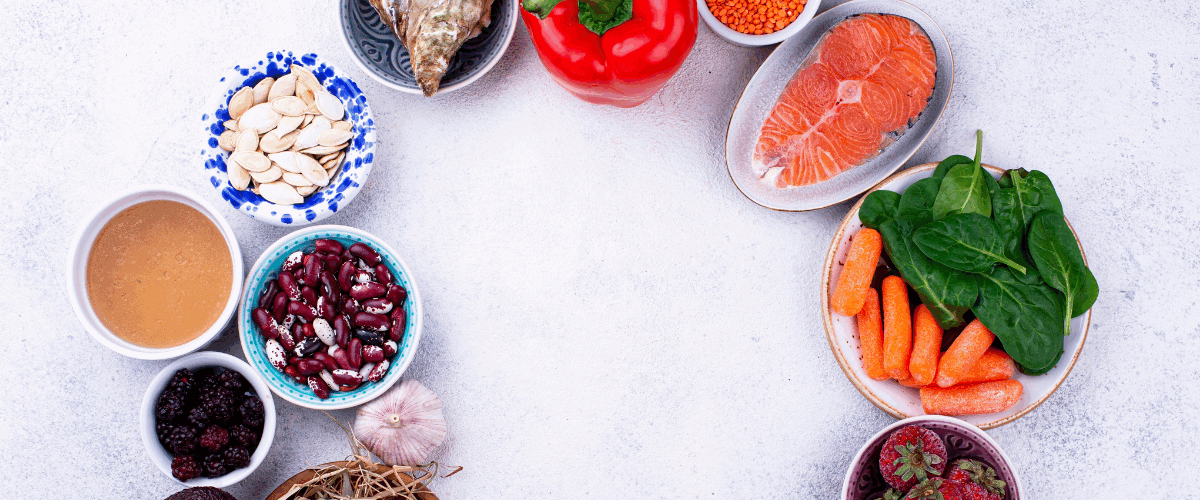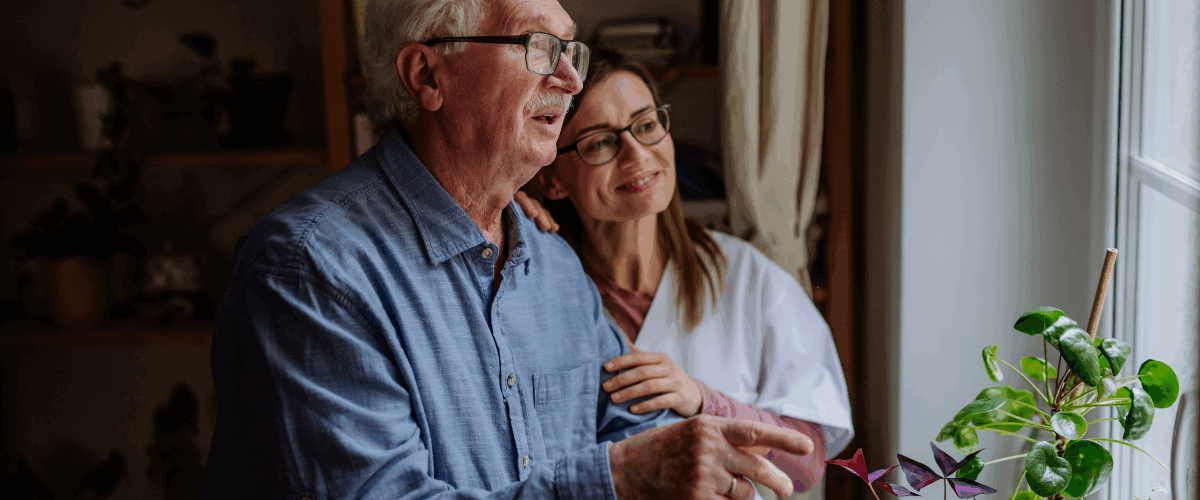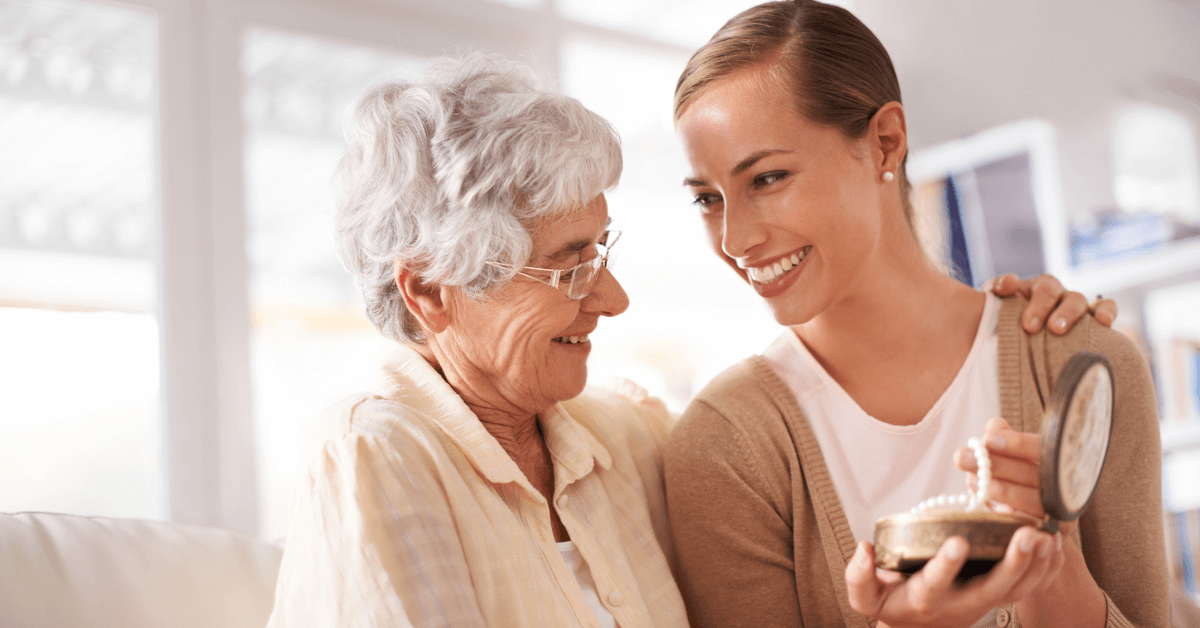
Top Five Stress-Fighting Foods for Seniors in Assisted Living in Tacoma, WA
Growing older brings changes that affect both body and mind, making thoughtful care more important than ever for individuals seeking senior living assistance in Tacoma, WA. The connection between what we eat and how we feel goes much deeper than simple nutrition, particularly when it’s about managing stress and supporting emotional wellbeing. While stress presents real challenges for seniors, diet offers a powerful way to support emotional well-being and build resilience. The connection between what we eat and how we feel isn’t accidental—it’s based in biology and brain chemistry.
1. Salmon and Fatty Fish
Salmon offers seniors a wonderful way to nourish both body and mind while enjoying truly delicious meals. This remarkable fish stands out among foods that naturally ease stress, providing exactly the nutrients older adults need to feel their best in assisted living settings.
Rich in omega-3s for brain health
Salmon provides these brain-supporting omega-3s in generous amounts, working to protect and enhance mental function in several meaningful ways. DHA helps keep brain cell membranes flexible, ensuring your neurons can communicate effectively and support clear thinking. The anti-inflammatory power of omega-3s shields brain cells from damage while promoting healthy aging. These fatty acids also influence how brain cells talk to each other, potentially boosting memory and mental processing.
2. Avocados
This creamy green fruit offers far more than most people realize. While many consider avocados just another healthy option, they actually provide exceptional stress-fighting benefits that make them particularly valuable for seniors in assisted living communities.
Helps regulate cortisol levels
Avocados shine brightest in their ability to help control cortisol, your body’s main stress hormone. The magnesium in avocados directly influences how your body produces and responds to cortisol. For seniors adjusting to assisted living environments, cortisol regulation becomes especially important. Cortisol levels naturally tend to increase with age. Higher cortisol can affect memory, sleep quality and overall cognitive function.
3. Yogurt and Probiotic Foods
Your morning bowl of yogurt offers so much more than a simple breakfast choice. This creamy comfort food creates a powerful connection between your digestive system and your brain, working quietly to ease stress and lift your mood throughout the day.
Enhancing Digestion and Mood
Yogurt offers a gentle solution for seniors who struggle with dairy digestion. The fermentation process breaks down much of the lactose, making yogurt easier to digest than regular milk. Probiotics support mood through three key pathways. They help produce neurotransmitters like serotonin, dopamine and GABA that regulate how you feel. They reduce harmful bacteria that cause inflammation, affecting brain function. They also enhance the absorption of B vitamins essential for mental clarity.
4. Leafy Greens and Cruciferous Vegetables
These everyday garden favorites pack remarkable stress-fighting power for seniors. Spinach, kale, broccoli and Brussels sprouts might remind you of childhood dinners, but their benefits extend far beyond basic nutrition. For older adults managing daily stresses, these familiar vegetables offer genuine support that becomes more valuable with each passing year.
Rich in magnesium and protective nutrients
Leafy greens deliver magnesium in amounts that truly matter for seniors. These vegetables bring together nutrients that work as a team. Vitamin K supports bone strength and proper blood clotting. Calcium helps maintain the strong bones seniors need for independence
Folate keeps cells healthy and supports clear thinking. Cruciferous vegetables like broccoli, cabbage, Brussels sprouts and kale contain special compounds called glucosinolates that benefit heart health. These vegetables belong to the Brassica family and offer sulfur-rich compounds found almost nowhere else in our food supply.
5. Nuts and Seeds
Nature provides one of the most convenient stress-fighting solutions in a simple handful of nuts and seeds. These small nutritional treasures pack remarkable stress-reducing power into portable, easy-to-enjoy packages that work beautifully for seniors in assisted living environments.
Packed with B vitamins and healthy fats
Think of nuts and seeds as tiny stress-relief capsules filled with exactly what your nervous system needs most. These natural foods contain impressive amounts of B vitamins—including folate, niacin and vitamin B6—that your body uses to maintain calm, steady nerve function and manage daily stressors effectively. Walnuts offer particularly high levels of a compound that supports heart health.
Your Path to Better Stress Management Through Food
Nutrition holds remarkable power for seniors navigating life in assisted living communities. These five foods—salmon, avocados, yogurt, leafy greens and nuts—offer genuine support for managing stress while nourishing your body and mind.
Regular consumption of these foods creates lasting benefits beyond immediate stress relief. Your cognitive function, heart health and overall vitality all improve when you consistently choose foods that truly nourish your body. Even small, consistent changes in what you eat can lead to improvements in how you handle daily challenges. These foods help you maintain your independence, feel more emotionally balanced and truly enjoy your senior years. Curious about our assisted living community? Contact us at (253) 474-1741 to schedule a tour of Peoples Senior Living and learn about our culinary experience.
FAQs
Q1. What are some key stress-fighting foods for seniors? Some essential stress-fighting foods for seniors include salmon and other fatty fish, avocados, yogurt and probiotic foods, leafy greens and cruciferous vegetables and nuts and seeds. These foods contain nutrients that help regulate stress hormones, support brain health and reduce inflammation.
Q2. How does diet impact stress levels in older adults? It has a significant role in managing stress levels for seniors. Nutrient-rich foods can help regulate cortisol (the stress hormone), support brain function and improve mood. A balanced diet with stress-fighting foods can enhance emotional well-being and resilience to stress in older adults.









